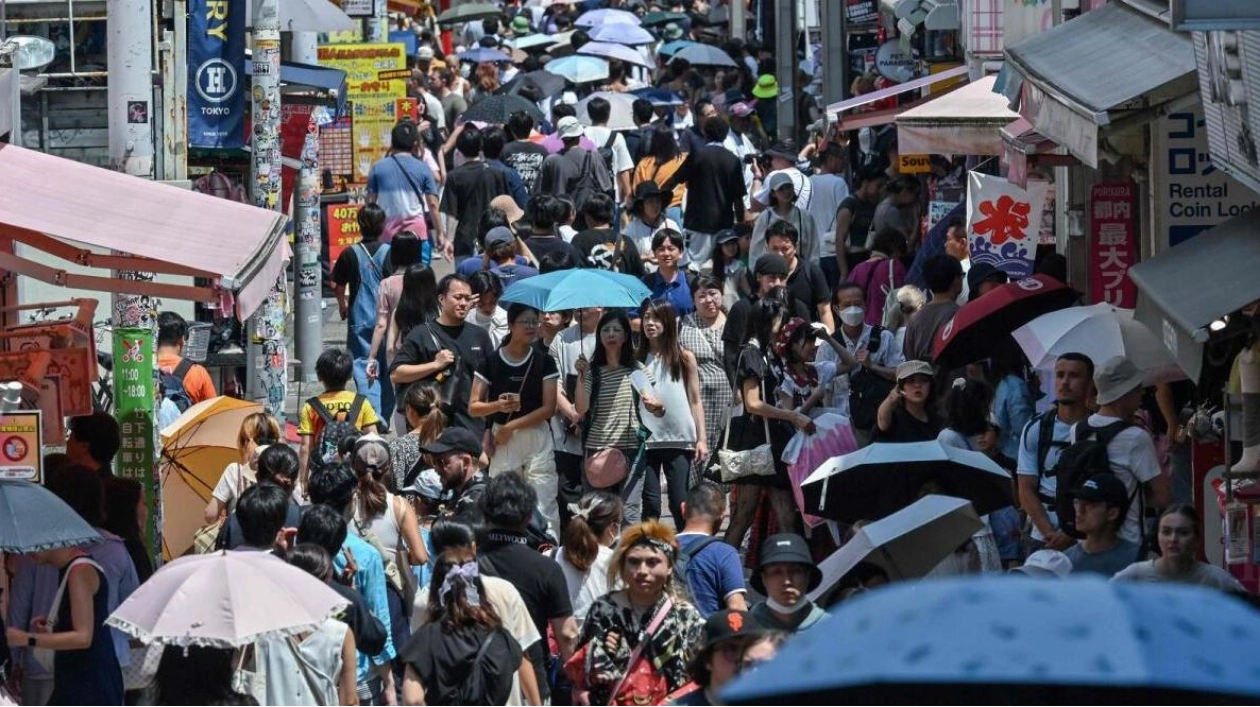Pedestrians stroll along Takeshita Street in the bustling Harajuku district of central Tokyo. AFP File Photo
Tokyo's governor, Yuriko Koike, is proposing a four-day workweek for government employees in the capital, as part of a broader national effort to support parenthood. Prime Minister Shigeru Ishiba has described Japan's persistently low birth rate as a 'quiet emergency' and has committed to policies that include flexible working hours. The expectation that working mothers should manage household responsibilities, raise children, and care for relatives is seen as a significant factor contributing to the country's declining birth rate.
To improve work-life balance for parents, Governor Koike aims to provide Tokyo Metropolitan Government employees with the option to work a shortened week starting in April. 'Japan's long-standing issue of lagging behind in women's empowerment must be overcome, and making society more diverse and prosperous is crucial for our bright future,' she stated in a policy speech to the assembly. 'We will begin with comprehensive support for work-life balance by introducing a more flexible working hour system, such as three holidays per week,' she added.
Under the proposed plan, government staff, excluding shift workers, could take up to three days off weekly while still completing 155 hours per month, according to Sachi Ikegami, a Tokyo Metropolitan Government official responsible for personnel affairs. Employees raising young children would also benefit from more flexible hours, with workdays potentially shortened by up to two hours, Ikegami noted.
A four-day workweek is uncommon in Japan but is gradually gaining traction among local governments aiming to bolster support for parents. While many developed nations grapple with low birth rates, the issue is particularly pressing in Japan, where the population has shrunk for 15 consecutive years. Japan boasts the world's second-oldest population after Monaco, and its relatively stringent immigration policies exacerbate the growing labor shortages.
Koike, a former minister and television anchor who has led one of the world's largest cities since 2016, secured a third term in July on promises to enhance Tokyo's social welfare benefits while addressing challenges such as inflation and the plummeting birth rate. Her administration plans to present a draft proposal on flexible working hours to the Tokyo assembly next year.
Source link: https://www.khaleejtimes.com






